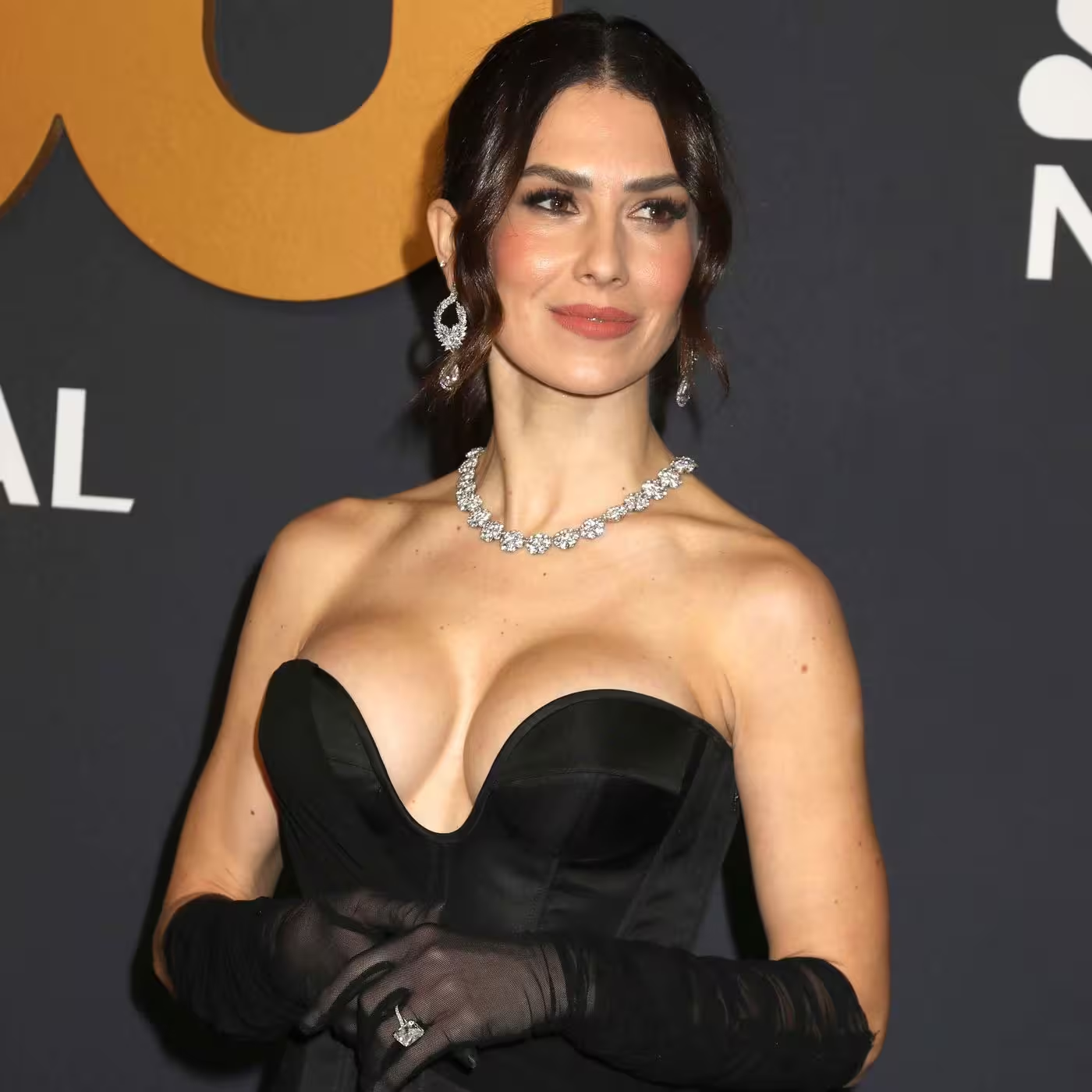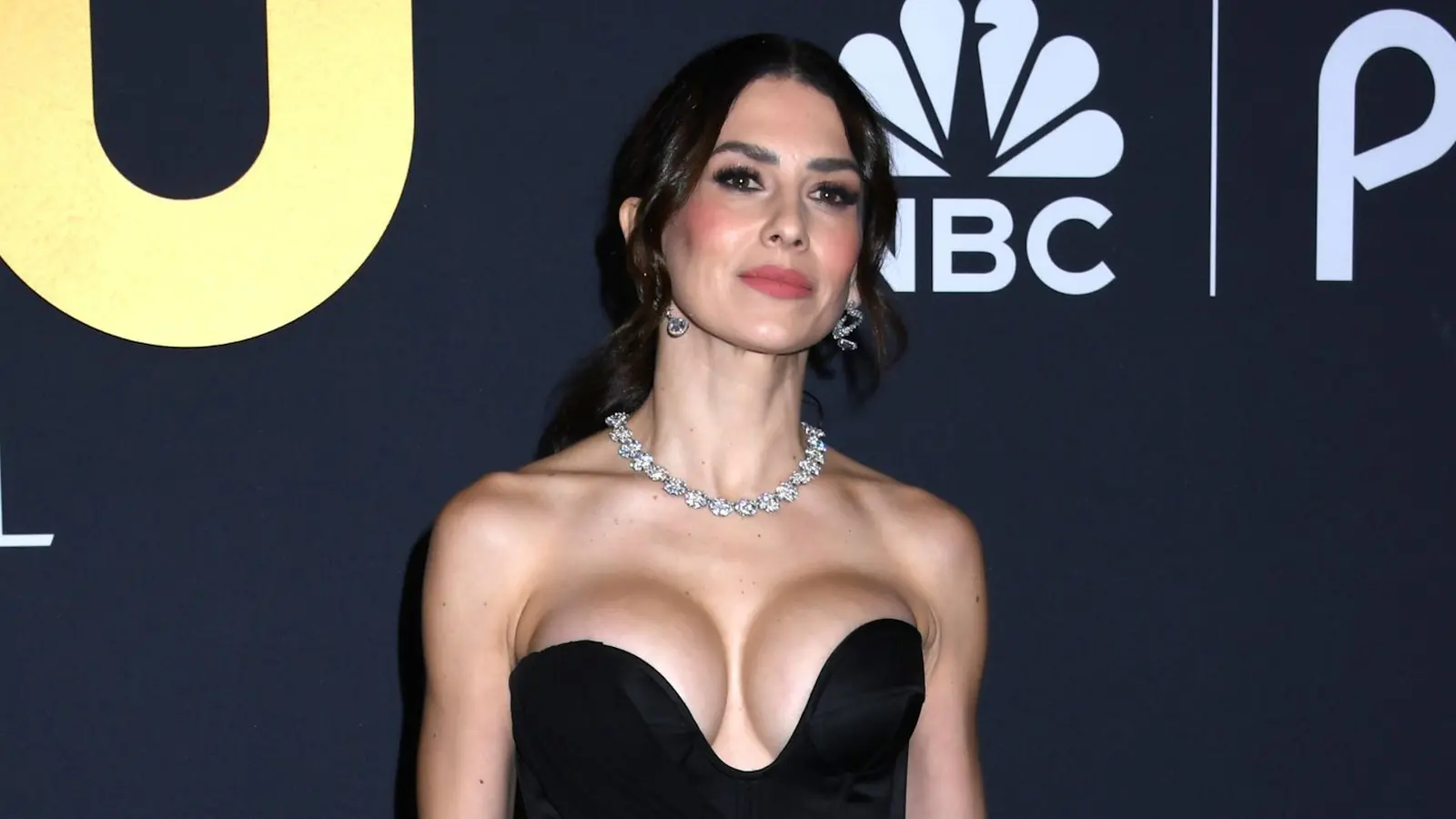5 Minutes
Hilaria Baldwin speaks out after surprising elimination
Hilaria Baldwin has left Dancing with the Stars, and her post-exit message has added a new layer to an already drama-filled season of the long-running celebrity dance competition. In a candid Instagram Live after her elimination, Baldwin claimed she was “bullied off the show,” saying the social-media backlash and long-standing online attacks influenced her departure. Her comments have reignited debates about audience behavior, reality-TV culture, and the mental-health costs of public exposure.
Baldwin’s tone was equal parts gratitude and frustration. She thanked fans for the chance to return to dance — something she said she never expected to do again — and praised the cast, crew and her family for the experience. But she also called out what she described as sustained harassment, noting that criticism turned into targeted attacks that affected her well-being. In a separate World Mental Health Day post she lamented that people who have long misrepresented her online would only be satisfied when she was gone.
Where this fits in DWTS history
Dancing with the Stars has had its share of contentious exits and social-media-fueled controversies. From surprise eliminations driven by fan voting to backlash over judge critiques, the show sits at the intersection of live performance and viral culture. Baldwin’s exit echoes past moments when contestants faced outsized online hostility — not unlike other high-profile departures where public opinion, rather than judges’ scores, shaped the narrative.
This incident illustrates a broader trend in reality television: the shift of power from production rooms to audiences armed with smartphones. Shows that once relied on studio applause and judge consensus now must contend with real-time social media campaigns, fan armies, and cancel culture. For celebrities, especially those with complicated public histories, that dynamic can amplify pre-existing controversies.

Behind the scenes, Dancing with the Stars remains a grueling blend of choreography, costume changes and round-the-clock rehearsals. Contestants routinely describe the experience as transformative; Baldwin herself reiterated that she loved the people she met and plans to cheer on her castmates. Still, the juxtaposition of intense backstage camaraderie and hostile online commentary creates a stressful environment that producers increasingly have to manage.
Comparatively, Baldwin’s situation isn’t identical to actors or musicians navigating press scrutiny — dance competitions are unique because elimination is partially crowdsourced. That makes voter sentiment a decisive factor, which can be weaponized by coordinated online campaigns.
"Reality competition shows have always reflected cultural currents," says film critic Anna Kovacs. "But now social-media amplification can turn personal history into a scoring metric. That changes the art of judging — and it can cost talented performers the chance to grow on screen."
Fans and critics have been divided. Some viewers argued Baldwin’s past controversies made her a polarizing pick, while others condemned the intensity of the harassment and defended her right to participate and celebrate the art of dance. Online threads and fan communities show a patchwork response: pockets of support, calls for kinder discourse, and continued debates about accountability versus cruelty.
For those who follow television and film, the episode is a reminder that celebrity-facing formats like DWTS can become lightning rods for larger cultural conversations — about cancel culture, mental health, and how audiences consume and punish public figures. It also raises practical questions for producers: how to protect contestants from relentless harassment, and how to ensure the show’s competitive fairness when votes can be swayed by narratives outside the dance floor.
Whether Baldwin’s departure will prompt concrete changes at Dancing with the Stars remains to be seen. What’s clear is that the season will be remembered not just for choreography and celebrity partnerships, but for how social media and public opinion shaped its course.
Source: deadline


Leave a Comment